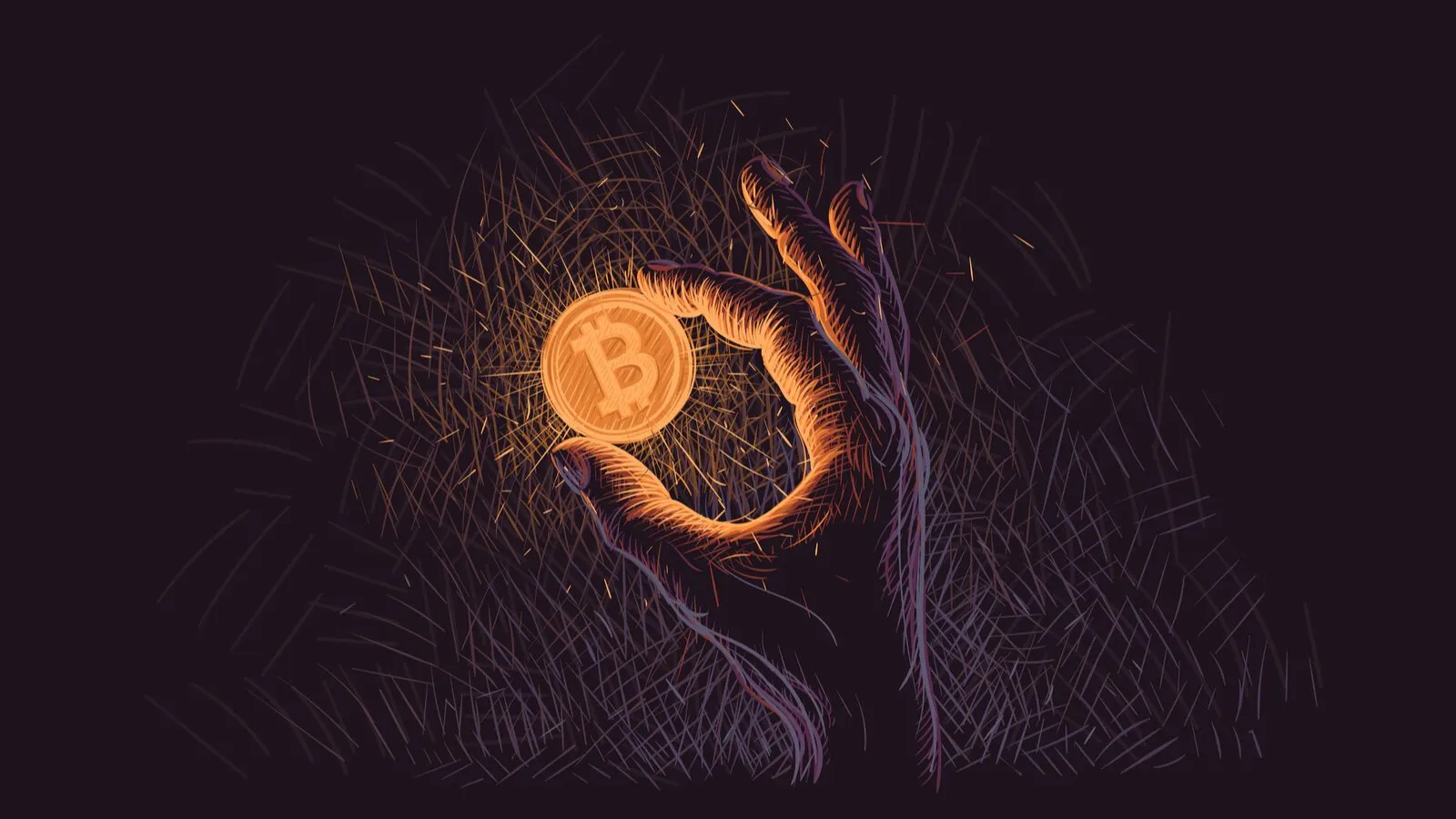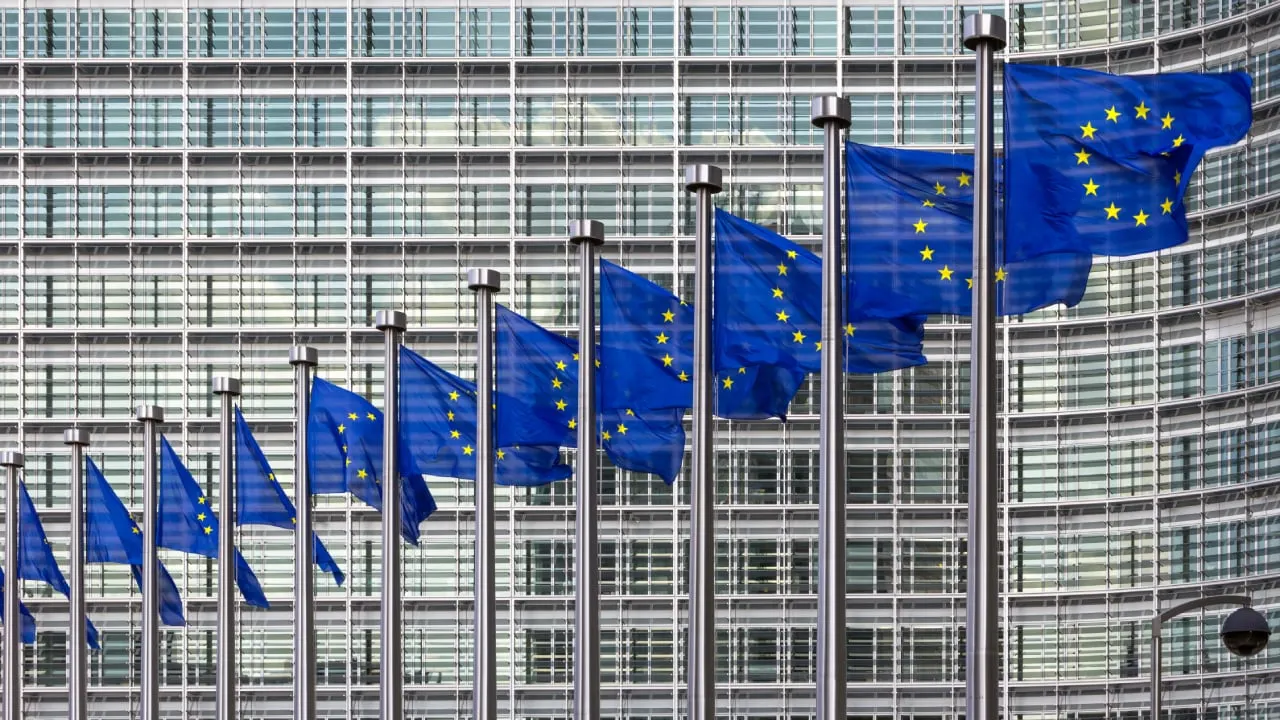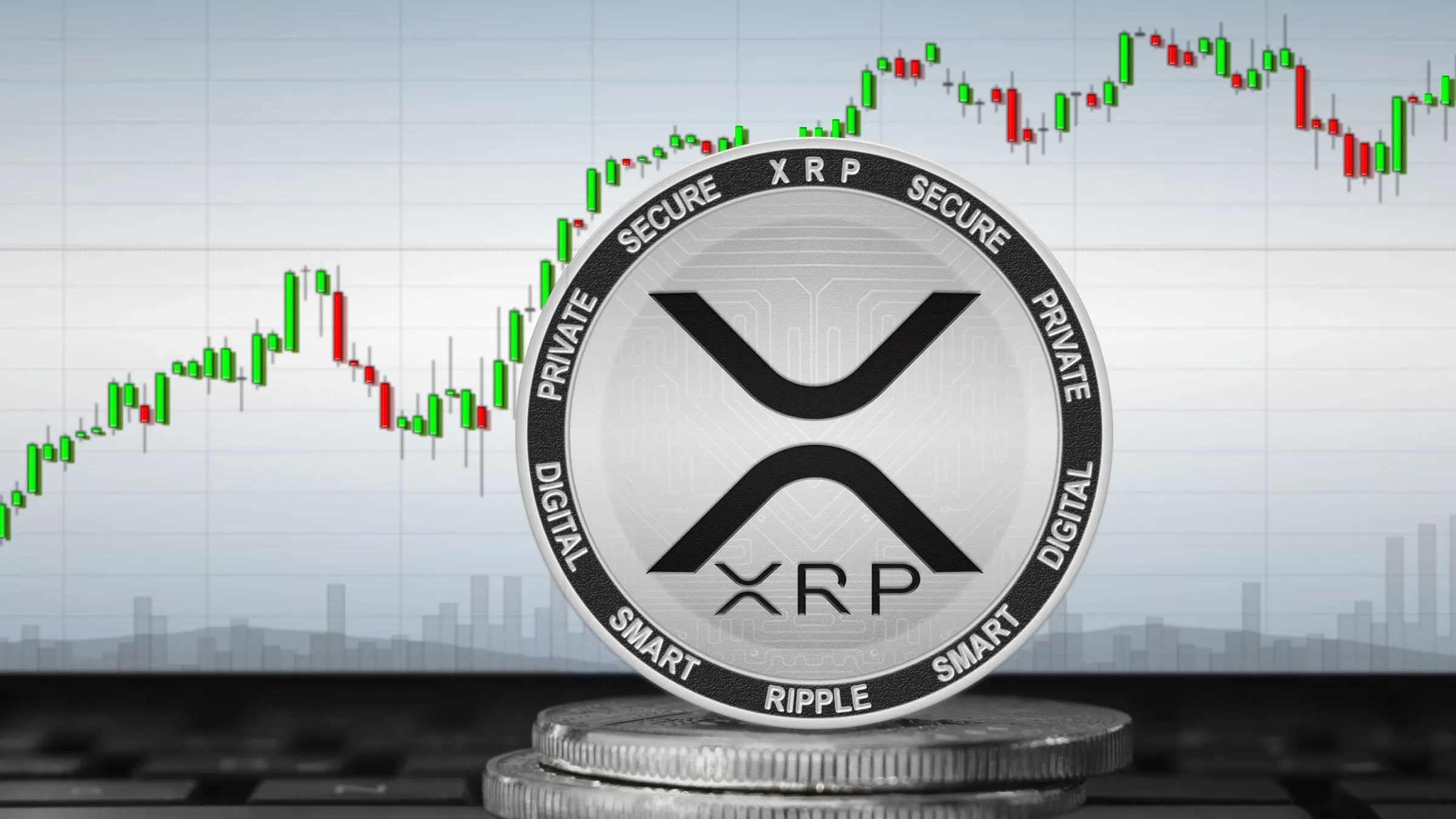A man who has refused to hand over almost 120 Bitcoin, currently worth $9.7 million, to the U.S. government has been found in contempt of court. The judge has warned he will be fined $10,000 a day until the funds are transferred.
Court filings accuse Juan Carlos Reynoso of "flagrantly violating" a warrant issued by a judge in Puerto Rico, which gave him 24 hours to send the $9.7 million worth of Bitcoin to a government-controlled address.
He allegedly moved the funds to five separate crypto wallets, in a series of transactions that were subsequently traced on chain.
The court filing described these transfers as "frenzied," and having taken place with "intuition more accurate than the Oracle at Delphi."
The payments were made soon after Reynoso's defense attorney, Walter Reynoso, accepted the warrant on behalf of his client.
"The temporal proximity between notice of the warrant and movement of the subject assets strongly suggests … that Reynoso attempted to obstruct justice by evading a duly issued order of the Court," the filing says.
Juan Carlos Reynoso has been warned that he could face additional fines, and potentially incarceration, unless the BTC is sent to a government-controlled wallet.

Robinhood Crypto Is Now Available in All US States, Including Puerto Rico and Virgin Islands
Robinhood Crypto is now available in all 50 states as well as the U.S. Virgin Islands and Puerto Rico. That means starting today, users in all U.S. territories will be able to trade 15 assets on Robinhood Crypto, including Bitcoin, Ethereum, Dogecoin, and Avalanche. In the States, Robinhood Crypto's primary competition comes from crypto exchanges Coinbase and Kraken. But the addition of one state and two new American territories means it's got both of them beat in terms of availability to U.S.-b...
This court filing doesn't make clear why Reynoso has been ordered to forfeit this Bitcoin. And none of the federal attorneys attached to the case have yet responded to a request for comment from Decrypt.
The filing simply says that FBI agents seized one of his laptops in June 2024 and that it contained software for a Ledger hardware wallet.
Privacy advocates were swift to highlight that the transactions were traceable on-chain, arguing that this shows "privacy is BTC's biggest weakness."
Privacy is bitcoin's biggest weakness. Hopefully these seizure orders will open some eyes.
— Mallard Beakman ₿⚡🥕 (@Bill_Fowler_) March 10, 2025
Another tweeted that, "This case is a perfect example of how government cannot confiscate Bitcoin. This guy can hop on a plane with 12 memorized words (seed phrase) and fly to a non-extradition country to start a new life. Bitcoin cannot be confiscated when properly stored."
It's unclear how this impasse between Reynoso and the U.S. government will be resolved, and his attempts to get the warrant quashed have been denied.
But given how Donald Trump's new strategic reserve is based on BTC that has been seized from criminals, it’s sure to spark further debate.
Edited by Stacy Elliott.




